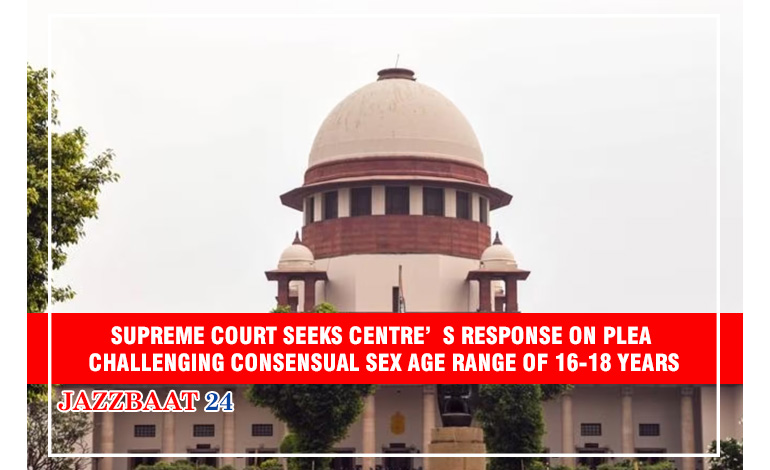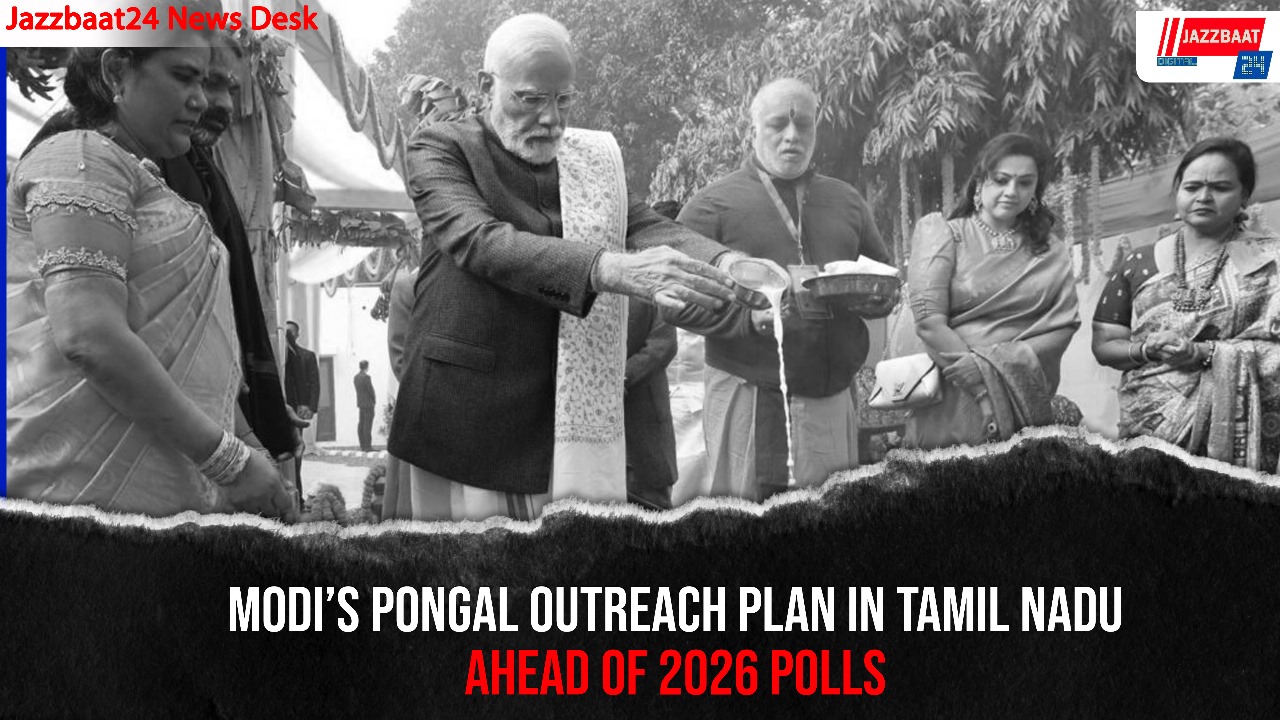In a significant development, the Supreme Court of India has asked the Central Government to respond to a plea challenging the age range for consensual sexual activity, which currently stands at 16 to 18 years. The petition, filed by a group of activists, questions the legal validity of sexual engagement between individuals aged 16 to 18, claiming it may be detrimental to their mental and physical well-being.
The plea asserts that adolescents between 16 to 18 may not possess the emotional and psychological maturity required to engage in sexual activities. The activists argue that the current legal framework fails to take into account the potential negative consequences, such as psychological trauma and emotional distress that could arise from premature sexual involvement. The petition further contends that a higher age limit is essential to protect minors from exploitation and manipulation.
The Supreme Court's intervention marks a crucial step in the ongoing debate about the appropriate age of consent. Proponents of the existing law argue that adolescents aged 16 and above should have the autonomy to make decisions about their bodies and relationships. They emphasize that many teenagers are capable of making informed choices about their sexual lives, and that setting a higher age limit would be overly paternalistic.
Legal experts point out that the discussion extends beyond legalities, diving into societal perceptions and changing attitudes toward sexual freedom and personal agency. With the advent of information technology and access to explicit content, young people are often exposed to sexual themes at an earlier age. This reality, some argue, necessitates a thoughtful reexamination of age limits and the content of sexual education provided in schools.
The Central Government's response to the plea is anticipated to shed light on its stance regarding this complex issue. The decision will likely require a balance between safeguarding the well-being of adolescents and respecting their autonomy. Striking this balance will be crucial in ensuring that young people are educated about safe and responsible sexual practices while also recognizing their evolving emotional needs.
In conclusion, the Supreme Court’s move to seek the Central Government’s response on the challenge to the age range for consensual sexual activity has ignited a vital conversation. The outcome of this case has the potential to influence how society views the sexual agency of young people and the level of responsibility society places on their shoulders. As the nation navigates this intricate terrain, it is imperative to consider both the legal aspects and the broader implications for the emotional and psychological development of adolescents.
With the issue being debated across legal, psychological, and societal dimensions, a comprehensive solution will require collaboration between lawmakers, experts in child development, and advocates for youth rights. As the case progresses, it will be interesting to observe how the Court’s decision factors in these diverse viewpoints, ultimately shaping the landscape of sexual rights and responsibilities in India.





